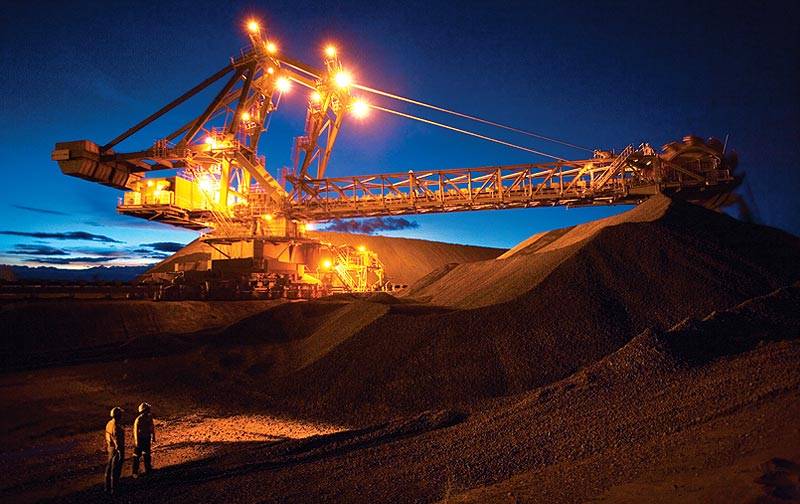Hold onto your hats, folks! The UK is playing a high-stakes game in the deep sea, and it’s getting real. News just broke that the British government is aggressively seeking a domestic buyer for deep-sea mining exploration licenses originally held by Norwegian LockOcean Minerals, which recently declared bankruptcy.

This isn’t just about resource acquisition; it’s about positioning the UK in the coming scramble for critical minerals lurking on the ocean floor. These aren’t your grandma’s rocks; we’re talking about potentially massive deposits of cobalt, nickel, and manganese – crucial for EV batteries and green tech.
And get this: the transfer of these licenses will be subject to scrutiny under the UK’s National Security and Investment Act. That’s right, the government isn’t taking any chances. They want to ensure these strategic resources don’t fall into the wrong hands.
Here’s a quick breakdown of why this matters:
Deep-sea mining is rapidly gaining attention as a potential source of crucial minerals. These minerals are essential for powering the green energy transition.
Regulations surrounding deep-sea mining are still evolving, creating both opportunities and risks. The International Seabed Authority plays a key role in setting these rules.
The UK’s move signals a proactive approach to securing access to these resources, recognizing their geopolitical importance. Many nations are now vying for a slice of this lucrative pie.
National security concerns loom large, prompting government oversight of ownership and investment in this critical sector. This is a clear demonstration of the link between resource security and national interests.
This isn’t merely a corporate bankruptcy; it’s a blatant power play. We’re witnessing a nation flexing its muscle to control a vital piece of the future tech supply chain. Buckle up; this story is far from over, and I’ll be here to break it down for you!





